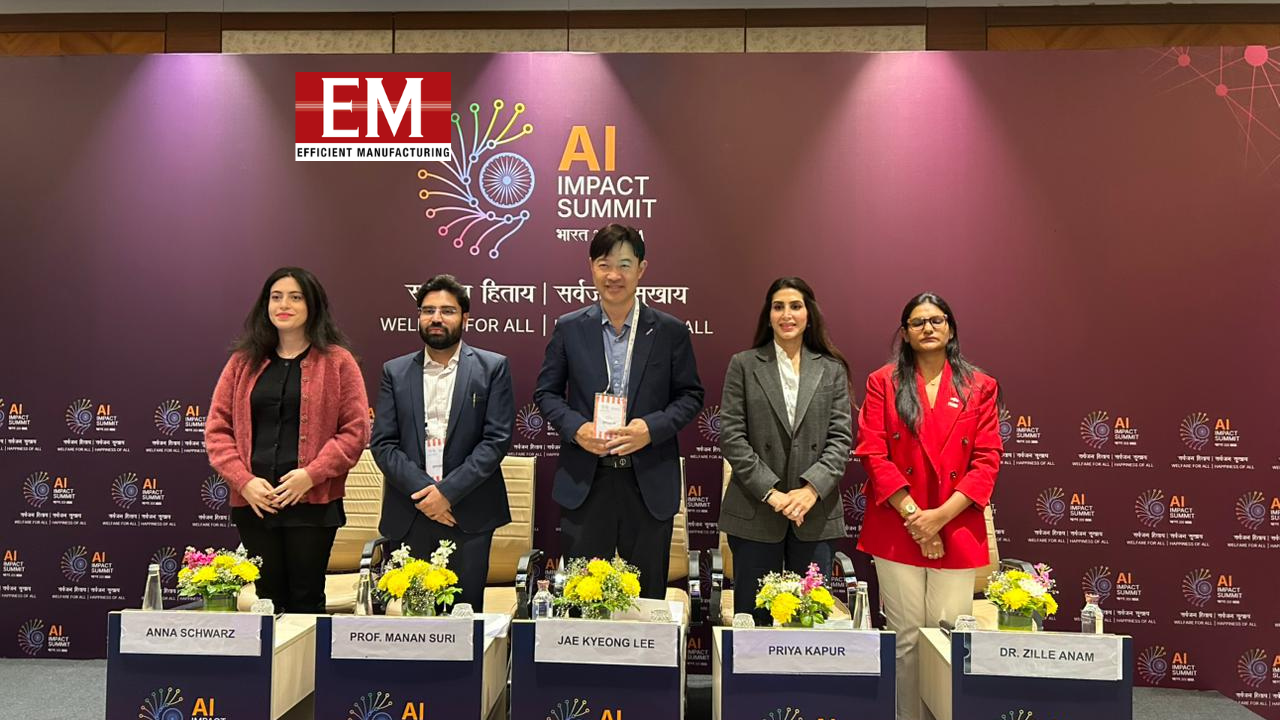| In this insightful interview, Mr Pradeep Palelli, CEO & Co-founder of Thanos Technologies, speaks with Kaushal Dighavkar about the company’s incredible journey to achieving ₹20 crores in revenue. He shares how Thanos has leveraged drone innovation, government support, and farmer-focused solutions to revolutionise Indian agriculture. With a vision to make technology accessible to all farmers, Thanos is paving the way for a tech-driven agricultural future in India.
Q. Thanos Technologies has achieved remarkable revenue growth despite being a relatively young company. What strategies and innovations have been most instrumental in reaching a revenue of 20 crores?
Thanos Technologies has achieved a 20-crore revenue milestone by embracing a clear vision for India’s agricultural transformation. With a strong commitment to innovation tailored to the agricultural landscape, Thanos has concentrated its research on developing drones that streamline one of the most labor-intensive tasks in farming: crop spraying. By maintaining agility, the company has also fostered partnerships with key players in the agricultural sector, enabling rapid growth and building a network that spans small farms to major agrarian cooperatives. More than just advancing technology, Thanos has embedded local expertise and practical solutions into its growth strategy. Our efforts extend beyond the drones themselves, making crop spraying an accessible, practical solution for all types of farmers.
Q. As India’s first agricultural drone company, what were some of the initial challenges Thanos faced in introducing drone technology to the agricultural sector, and how did the team overcome them?
Introducing drones into Indian agriculture brought unexpected challenges, from regulatory roadblocks to overcoming perceptions in a traditionally rooted industry. Thanos approached these obstacles by engaging directly with farmers, demonstrating the drones in action, and illustrating how this technology could become a reliable ally in their fields. Navigating regulatory compliance presented its own hurdles, but Thanos worked closely with government agencies to ensure our drones met all necessary standards. From the outset, we aimed to make a powerful impression and be recognized as the drone provider that truly understands the needs of the farmers. By rolling out dedicated service programs and collecting success stories from early adopters, we built trust and momentum. This authentic word-of-mouth spread quickly, helping to alleviate initial hesitations within the farming community.
Q. How has the Kisan Drone program and other government initiatives supported Thanos Technologies’ expansion, and what role do they play in your strategy to drive growth in the agricultural sector?
Government initiatives like the Kisan Drone Program have played a significant role in advancing Thanos’s mission, enhancing both our reach and credibility. These programs do more than help offset costs and aid in making the farming communities understand that technology is becoming an essential part of the agricultural toolkit. The government’s support has been pivotal in building awareness and trust, demonstrating that drone technology isn’t just a luxury for large farms but a practical, feasible solution for smallholders as well. This partnership has given Thanos the freedom to innovate and scale with confidence, aligned by a shared vision for the future of Indian agriculture.
Q. How do you envision Thanos’s drone technology transforming traditional farming practices in India, especially for small and medium-scale farmers?
At Thanos, we envision a future where crop-spraying drones are as integral to Indian agriculture as tractors and tillers. By embracing drone technology, farmers can transition from reactive to proactive practices, addressing crop health issues early with remarkable precision. This shift leads to healthier crops, more balanced ecosystems, and empowers farmers to see themselves not just as laborers, but as stewards of advanced technology. Our drones are designed to integrate smoothly into existing farming routines, while introducing new efficiencies. For small and medium farmers, these drones are more than just machines—they are trusted allies, making farming simpler, safer, and more productive.
Q. How does Thanos leverage government subsidies, grants, or other forms of support to bring affordable drone solutions to farming communities and other underserved sectors?
Thanos has effectively leveraged government programs to transform farmers’ perspectives on drone technology. Through loans and subsidies, we have made our drones accessible even to small-scale farmers. Government-supported training initiatives have further enriched this ecosystem by equipping farmers and local technicians with the skills needed to operate and maintain the technology. At Thanos, we don’t just introduce drones; we support a holistic model of technology adoption, tailored to the diverse needs of India’s agricultural communities.
Q. What’s next for Thanos Technologies? Can you share your vision for the future of drone technology in India, and how Thanos plans to expand its applications across diverse industries?
Thanos Technologies stands on the edge of a transformative future. While crop spraying remains our core focus, we are positioned to scale and evolve, integrating new functionalities as agricultural technology advances. Future models may include specialized tools for soil analysis, crop monitoring, and even remote farm management. Our long-term vision is to not only lead in agricultural drones but to play a meaningful role in the tech-driven evolution of Indian farming. With each new season, we aim to strengthen our role as a trusted partner in agriculture, fostering a future where technology and tradition harmoniously work together in every field across the country.











